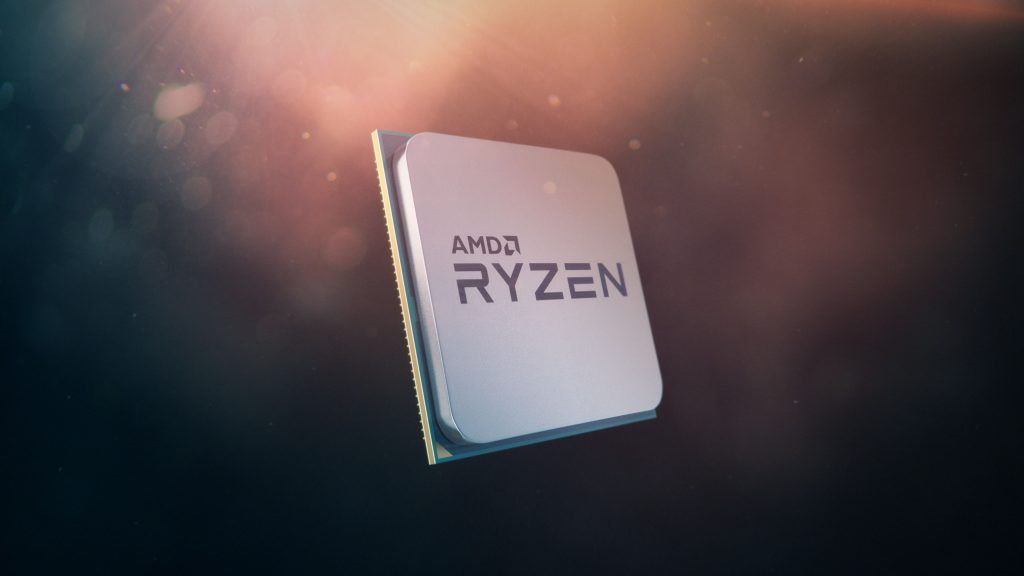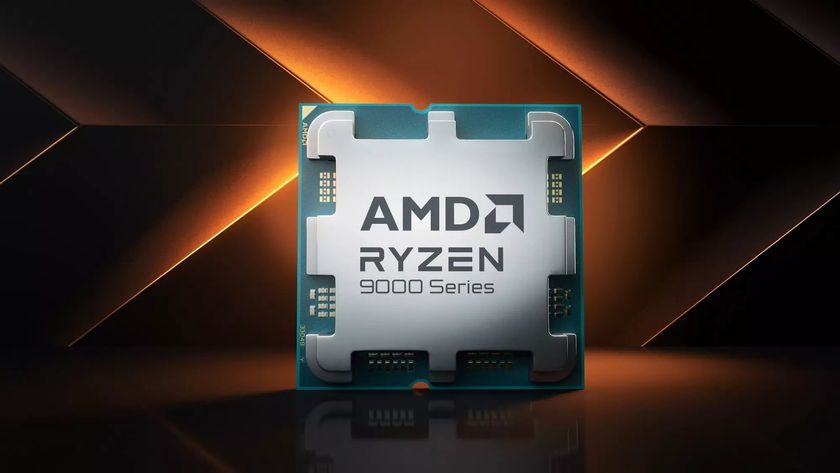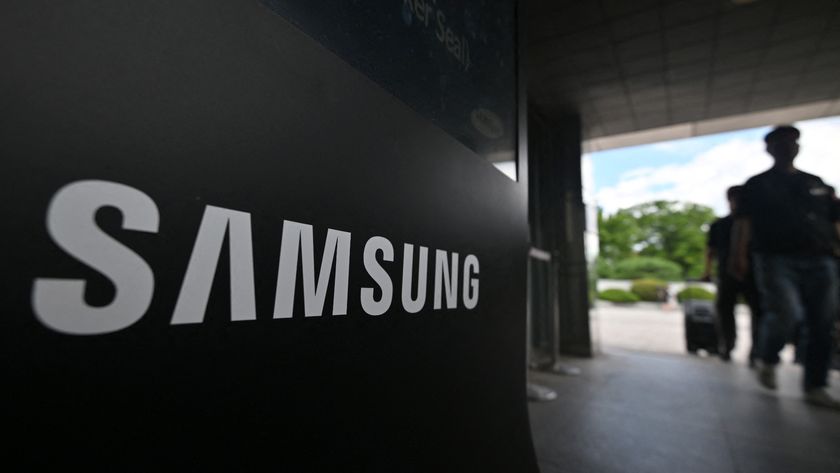AMD’s next game changer may have nothing to do with CPU or GPU
Is AMD preparing a unified storage software accelerator?

AMD has recently dropped support and distribution for its intelligent storage acceleration software solution, StoreMi.
The software was licensed from a development company called Emmotus and allowed slow hard disk drives to be “fused” with faster drives for SSD-like performance. Apple and Intel have both attempted to accomplish the same goal in the past two decades with the Fusion drive and Robson/Turbo Memory respectively.
StoreMi is compatible with NVMe, SATA and 3D Xpoint storage, with Emmotus now using it to pair slow QLC and fast SLC into hybrid SSD. But AMD may be looking to push beyond StoreMi's capabilities. AnandTech reports the company is “focus[ing] its internal development resources on a replacement solution,” which is set to be released before July 2020.
- Here's our list of the best external SSDs on the market
- Check out our list of the best external storage available
- We've build a list of the best mobile workstations of 2020
AnandTech adds that “AMD is explicitly noting the use of ‘internal’ resources, [which] strongly suggests whatever the company is working on, it’s an in-house solution rather than a licensed solution like StoreMi”.
What about Radeon RAMdisk?
We also contacted AMD and partner Dataram to find out more about their collaboration on a little-known piece of software called Radeon RAMDisk, which can be used to create RAM-based storage devices that are far faster than most solid state drives on the market. The last version of Radeon RAMDisk was released in December 2013, which leads us to believe the software has been abandoned.
One of Intel’s current unique selling points has been to use Optane to differentiate itself from AMD. The technology has even trickled down to consumer laptops, such as this HP model with a seventh generation Core i3 CPU and a 1TB hard disk drive. The marketing blurb boasts of “storage acceleration, creating speeds of an SSD hard drive without the extra cost.”
So, could AMD be looking to bring out its own Optane rival? Perhaps a software-based solution? After all, the firm could harness learnings from the storage technology it deployed in the brand new Xbox One X games console.
Are you a pro? Subscribe to our newsletter
Sign up to the TechRadar Pro newsletter to get all the top news, opinion, features and guidance your business needs to succeed!
- Here's our choice of the best cloud storage services around
Via AnandTech

Désiré has been musing and writing about technology during a career spanning four decades. He dabbled in website builders and web hosting when DHTML and frames were in vogue and started narrating about the impact of technology on society just before the start of the Y2K hysteria at the turn of the last millennium.














